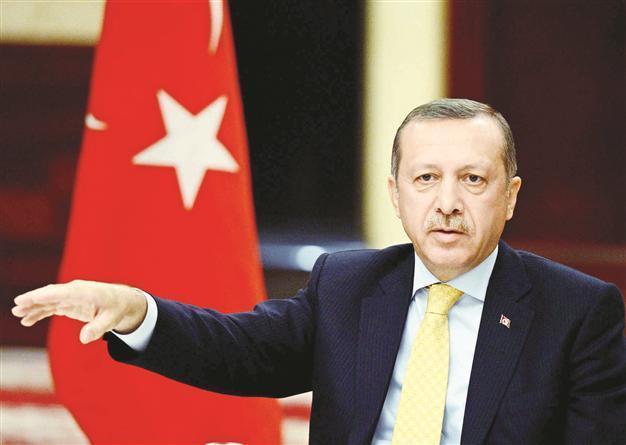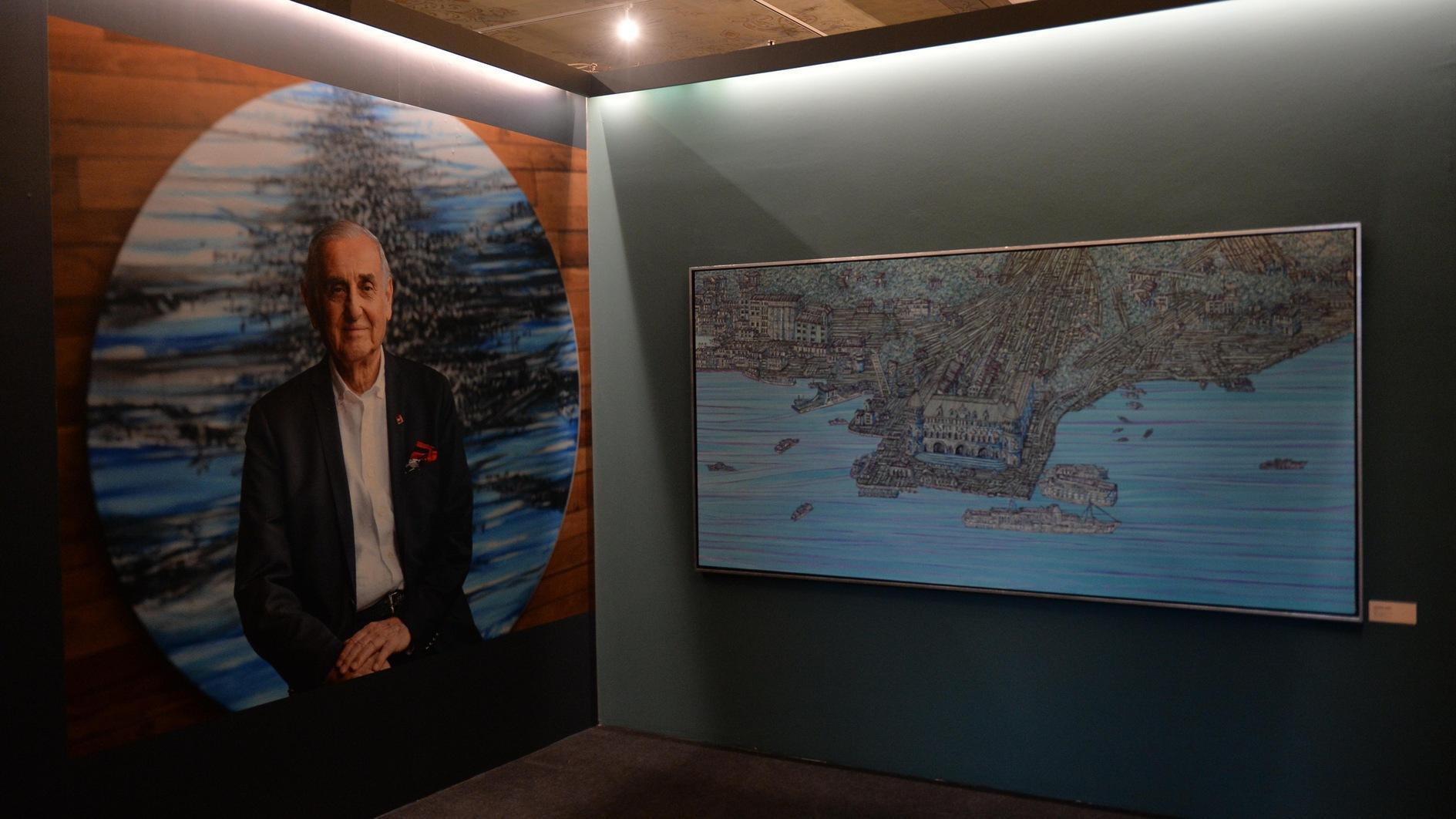AKP-BDP conflict could cause by-election
ANKARA - Hürriyet Daily News

PM Erdoğan has said they will do what is necessary in the Parliament, speaking of the immunity of the BDP lawmakers. AA photo
Saying “we will do what is necessary in the Parliament,” Prime Minister Recep Tayyip Erdoğan has underlined his insistence on ending the political immunities of the Peace and Democracy Party (BDP) members one more time. If the MPs are stripped of their immunities after Parliament reopens, Turkey may unexpectedly face a by-election at the beginning of 2013.The immunity discussion is ongoing within the Justice and Development Party (AKP). In these discussions, three different approaches stand out. The suggestion to end the immunities of nine BDP deputies is dominant, while a small group demands the examination of all the files and stripping everyone involved in terrorism of their immunity. On the other hand, a considerable portion of the AKP members of Kurdish origin, whose number exceeds 50, suggests suspending the files until the end of the term.
AKP’s options
So the AKP has three options now: changing the Constitution, stripping some symbolic names of their immunities, or suspending the files until the end of the term. Each option has its own difficulties. Changing the Constitution requires a certain process, as well as persuading the opposition. So the second option seems more reasonable and practical. The second one also has two alternatives: the first one is abolishing the immunities of two symbolic figures; for example Gülten Kışanak and Aysel Tuğluk, after visual records of the PKK-BDP meeting arrived at the Parliament. The second one suggests persuading the prime minister and suspending the issue after working on the files for a certain period of time in order to minimize the possible reactions by people in the southeastern and eastern regions.
The truth is, no one in the AKP wishes to repeat the incidents experienced during the 1990s, when the deputies of the Democracy Party (DEP) were detained. So they are considering taking some measures that would enable those whose immunities may be removed to perform their duties in Parliament while being tried at the same time. The AKP has not yet ended its discussion on the matter; the prime minister will have the final say in it. Then what would the BDP do? There are many options open to them: Leaving Parliament and returning to the people, restricting work in the Parliament with demonstrations, forcing Parliament to conduct a by-election, making all the deputies of a specific province resign and necessitating an election there (for instance, the eastern province of Hakkari has three deputies, and all of them are from the BDP) are the first things that come to mind. But I have the impression that leaving Parliament and forcing a by-election would be the prominent option. And if this option is implemented, a by-election might be conducted in some important provinces of the southeastern and the eastern regions of Turkey, as well as in Istanbul.
If the AKP says “no” at the general assembly, the resignations of the deputies will not be accepted. But the ruling party might have to say “yes” when it is politically required to do so. Besides, the ruling party would not want to put itself in a position of avoiding competing with the BDP in the region for the by-election.
The BDP has the by-election option as a card up its sleeve against the possibility of ending the immunities. It is obvious that the BDP plans to increase its power within the region and legitimize its politics by competing with the AKP in the election. The BDP wants to receive a vote of confidence and have the last word in the discussion regarding the representation of Kurdish citizens.
If the tension prevailing within politics does not cease during the following months, Turkey may unexpectedly face two elections in 2013.
NEW FACES IN AKP’S FRONT LINE
With the Justice and Development Party’s (AKP) congress upcoming, PM Recep Tayyip Erdoğan announced in Kiev that the core of his party would remain intact. It seems that a structure consisting of both older and new faces is being planned. The names of new faces who might stand on the party’s front line are being whispered in the corridors: Some deputies who might come to the front line include: Nabi Avcı, Mahir Ünal, Yalçın Akdoğan, Necdet Ünüvar, İsmail Safi, Ekrem Erdem, Zelkif Kazdal, Metin Külünk, Akif Çağatay Kılıç, Zeynep Uslu, Nihat Zeybekçi, Doğan Kubat, Menderes Türel, Ahmet Aydın, Cengiz Yavilioğlu, Nurettin Nebati, Mustafa Şentop and Erol Kaya.
PREDICTIONS ABOUT THE NEW CHARTER
Süheyl Batum, a member of Parliament’s Constitution Conciliation Commission from the Republican People’s Party (CHP), is not very hopeful about the outcome of the new constitution-writing process. Batum has doubts about the Justice and Development Party’s (AKP) sincerity in terms of drafting the new constitution. He has quite interesting predictions about the new constitution process. According to Batum, the AKP will leave the Constitution Conciliation Commission by the end of the year. “The AKP wants to make its own constitution which also includes a presidential system. And it knows very well that this cannot be accomplished with us. [The party] may try to make a bilateral agreement with the Nationalist Movement Party [MHP] to achieve it. We will together see what will happen by the end of the year,” Batum said.











